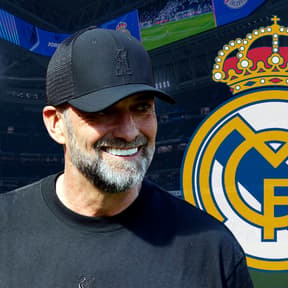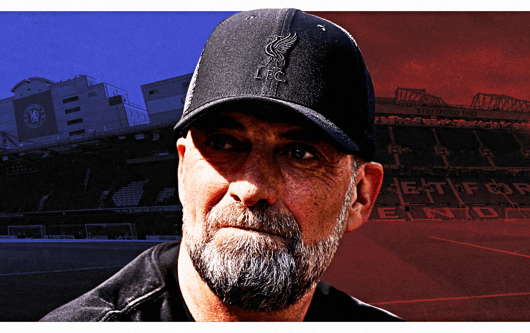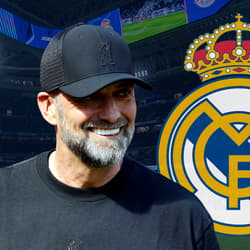How football's shirt sponsorship industry is facing a HUGE crisis
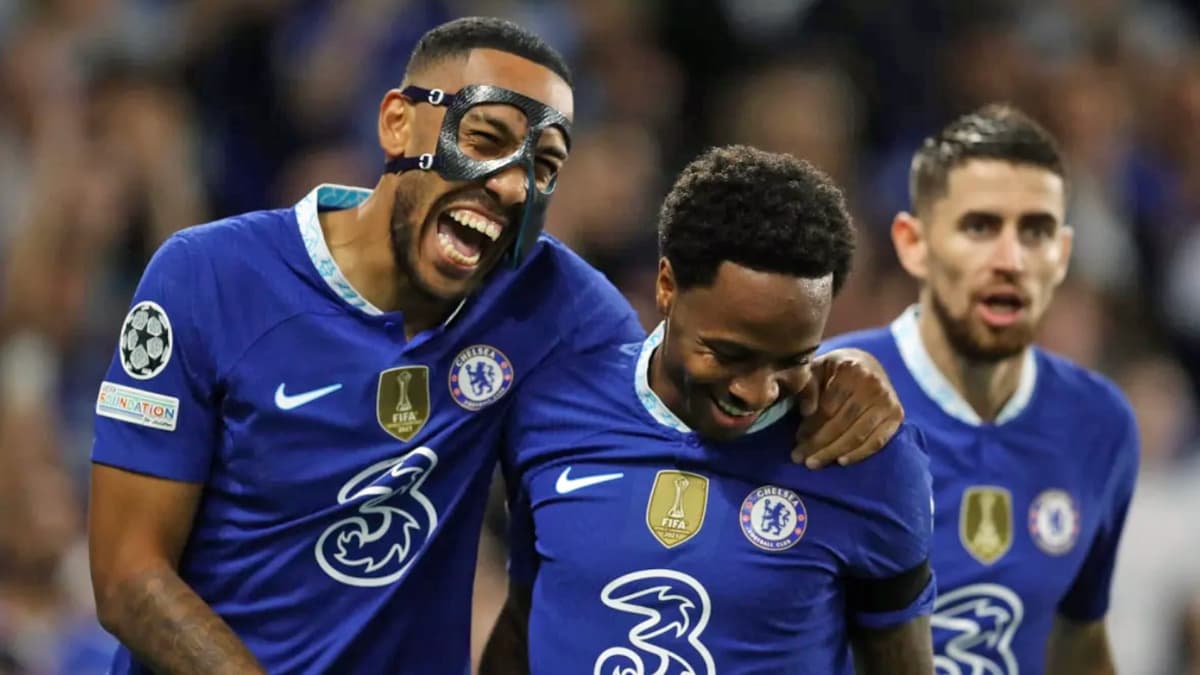
The shirt sponsor - the home of the most straightforward revenue a club can make.
All that’s needed is printing off your latest home, away, third, fourth and whatever other kits you have and sticking a giant logo on the front. The brand gets the exposure of being on TV and in front of watching fans, and the club gets a big fat cheque.
And for quite a long time, those cheques continued to increase in value. The amounts received have steadily grown across the past decade and clubs were happy to flog that position to the highest bidder.
In the Premier League at the moment, Manchester City’s (somewhat dubious) £67.5 million-a-year deal with Etihad Airways sets the benchmark, with the likes of Liverpool (£47.5m with Standard Chartered) and Arsenal (£40m with Fly Emirates) in behind. There’s also sleeve sponsors and Training Kit sponsors on separate deals for the biggest clubs.
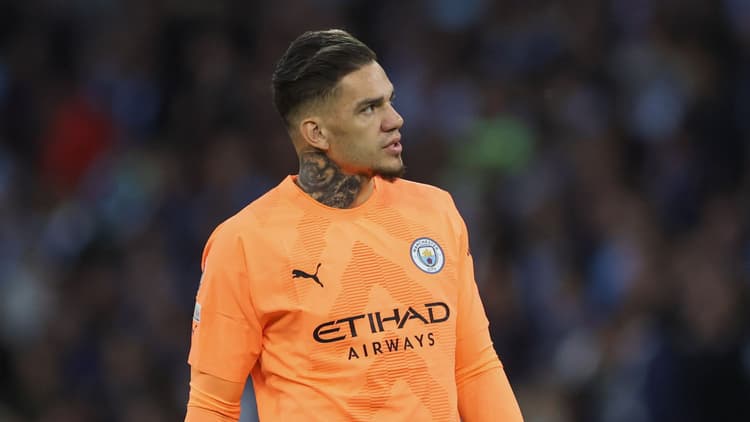
But this gravy train could be set to derail. The coronavirus pandemic now feels like a line in the sand, as some of the post-COVID deals have increased in volatility and, indeed, ambiguity.
Roma and Inter have both felt the pinch; as crypto and web3 companies looked to fill financial holes when fans were unable to attend, teams jumped into deals they might not have done in the past.
And in the case of these two Serie A giants, their partner Digitalbits reneged on payments, forcing both to cancel their arrangements early, and in the case of Inter forced them to scramble for a replacement ahead of the Champions League final.
And then there’s the Premier League. Hollywood Bets, Fun88, Dafabet and Marathon Bet are examples of front-of-shirt deals that have been done. Eight (40%) of the kit sponsors in the 2022/23 season were betting related, prompting the league to announce an outright ban on betting deals from the beginning of the 2025/26 season.
That will significantly narrow the pool of companies available, under difficult market conditions where marketing spending is closely monitored and a return on investment is paramount.
Then there’s the Chelsea situation. Their £40m-a-year deal with Three came to an end in June, but the Chelsea Supporter’s Trust (CST) blocked a potential deal with Stake.com, citing a clear conflict of interest with the work the organisation was attempting to do to assist gambling addicts.
And at Manchester United, TeamViewer’s stock price collapsed after shareholders were spooked at the £47.5m-a-deal which they deemed to be infinitely too expensive - it’s likely they will try and get out of that arrangement imminently.
Cazoo have sponsored Everton and also Villa, and the latter is considering ending their relationship as Cazoo run into cashflow problems.
And so football is in an increasingly difficult situation. From what was once a sure thing, is now increasingly difficult to pin down in terms of market value - something the teams will be very much keen to retain.
State-owned sponsorship
And then the big problem arises - state-owned clubs. Market conditions do not apply to them, as much as the Premier League have been keen to employ rules that attempt to retain some equilibrium.
City’s Etihad deal - the airline of owners Abu Dhabi - already dwarves the others out there. PSG have a similarly sweet relationship with Qatar Airways, while Newcastle will do everything in their power to push their Saudi deals as exponentially as possible.
The competition then becomes split between those who actually need to broker commercial agreements, and those who have them handed to them.
And so unless you’re one of these projects, your value might have peaked. And all this will serve to do is increase the gap between those who have revenue, and those who don’t.
The polarisation of European football isn’t just threatened by TV deals and the Saudi Pro League - it’s football’s very commercialisation model which could destroy it just as quickly.

